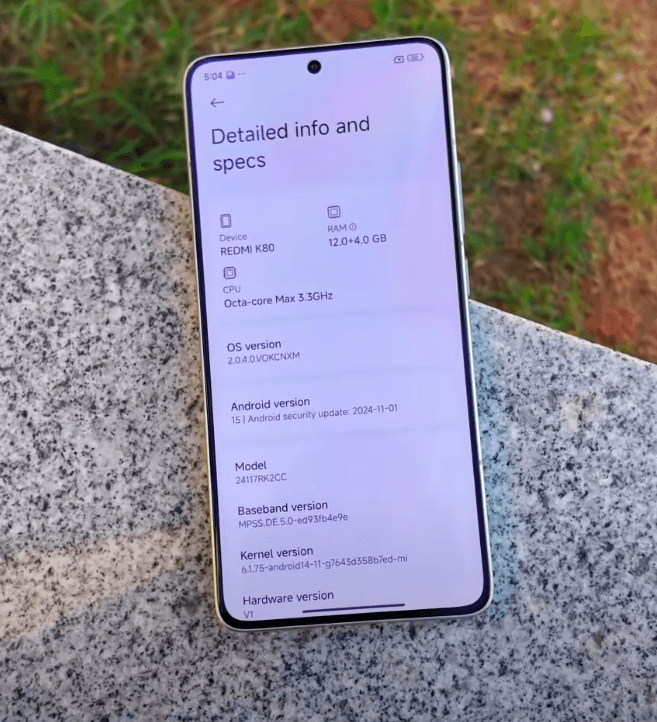


Xiaomi’s sub-brand, Redmi, recently underwent a major rebranding, switching to all-caps styling for its logo. This bold move signifies their commitment to expanding the REDMI product lineup and positioning it as a serious contender in the e-commerce space. The K series is the first in line to showcase this transformation, with the newly released Redmi K80 taking center stage.
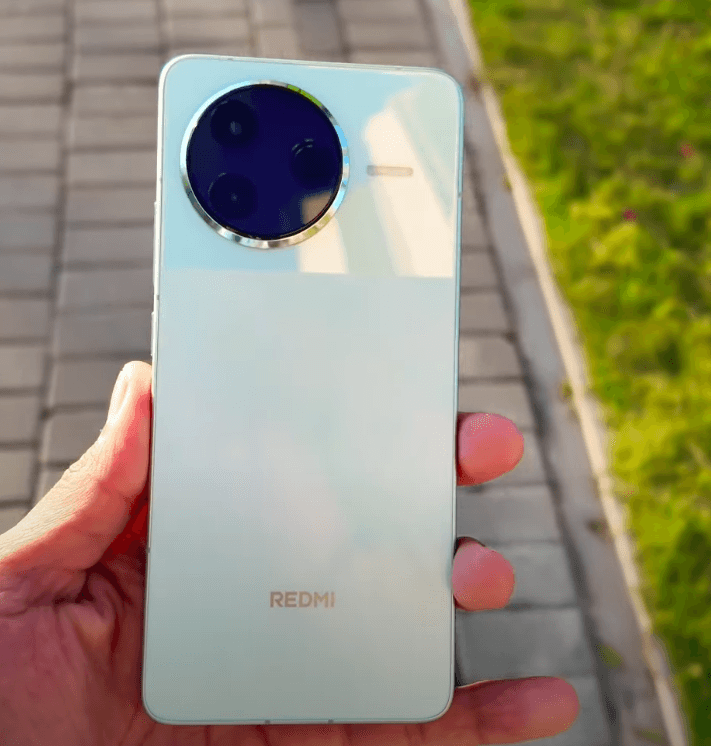

After spending a few days with this device, I’m sharing a detailed breakdown of its design, features, and performance to help you decide whether the Redmi K80 is the real deal or just another rebranded smartphone.
Here are the technical specifications of the Redmi K80 that make it a flagship killer:
| Feature | Details |
|---|---|
| Display | 6.67-inch, 12-Bit, 2K AMOLED with 120Hz refresh rate and LTPS technology |
| Dimensions | 160.3 x 75 x 8.1 mm |
| Weight | 206 grams |
| Processor | Qualcomm Snapdragon 8 Gen 3 (4nm) |
| Storage | 512GB UFS 4.0 |
| RAM | 16GB LPDDR5X |
| Cameras | 50MP main + 8MP ultrawide (Rear), 20MP selfie |
| Video | 8K at 24 FPS, 4K at 60 FPS |
| Software | HyperOS 2.0 based on Android 15 |
| Battery | 6550mAh with 90W HyperCharging |
Read more – Saumsung S21FE 5G Review in 2024
The Redmi K80’s packaging includes everything you’d expect from a premium device:
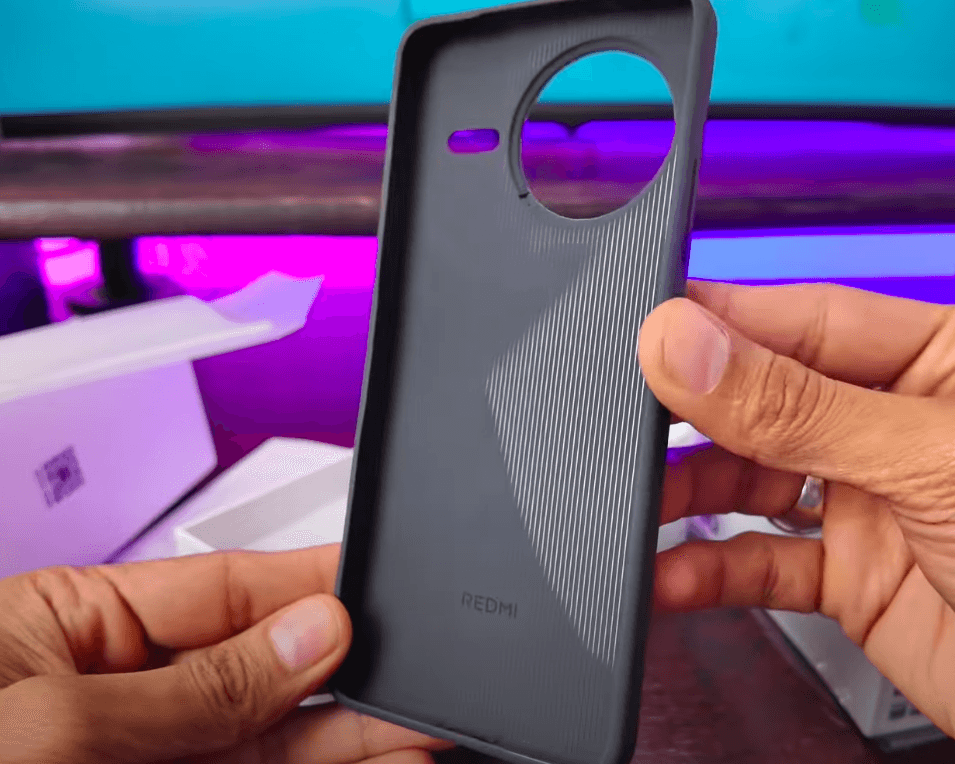
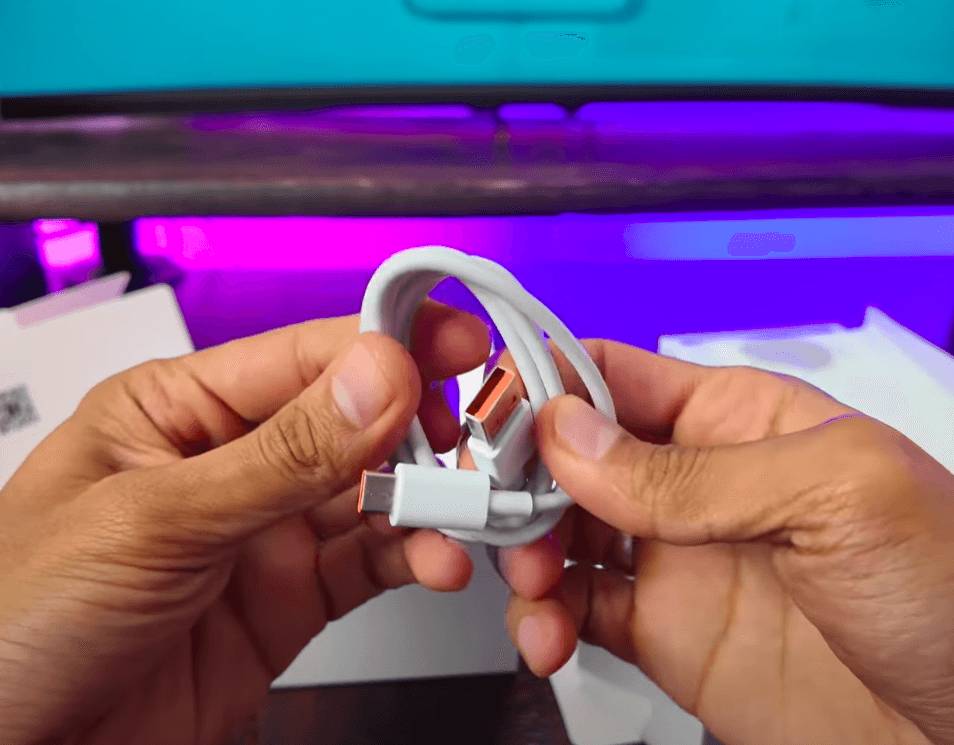
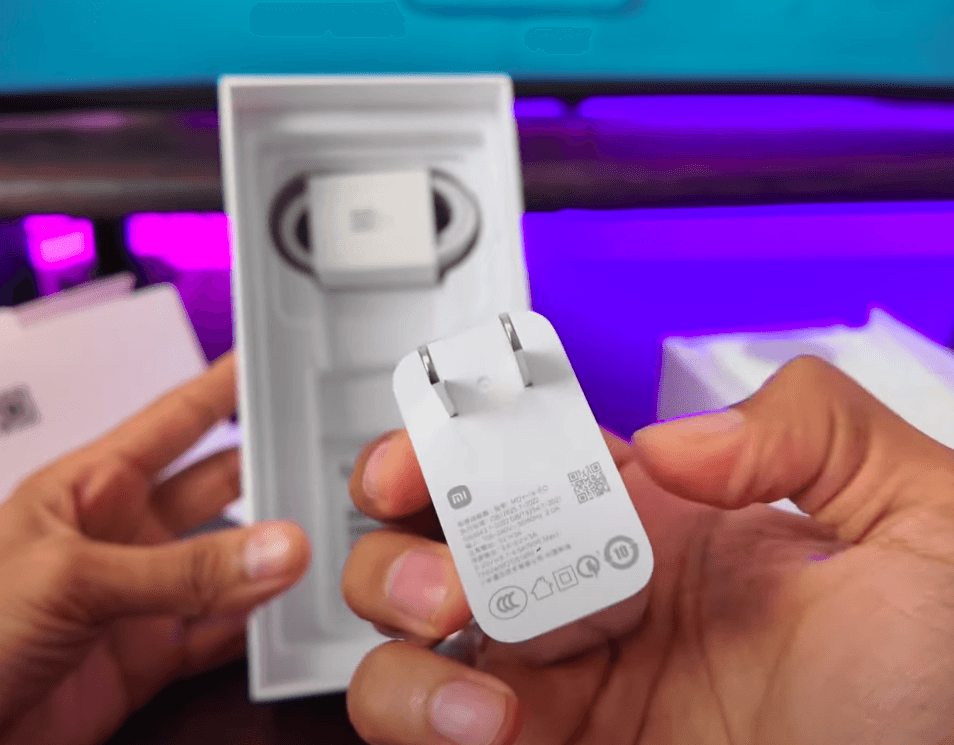
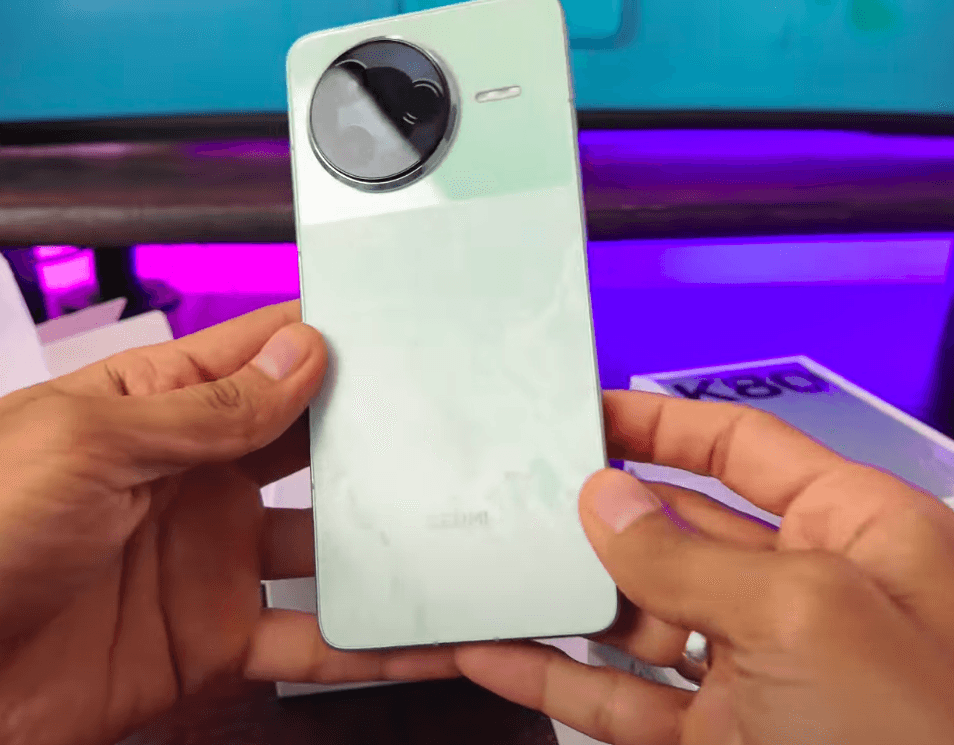
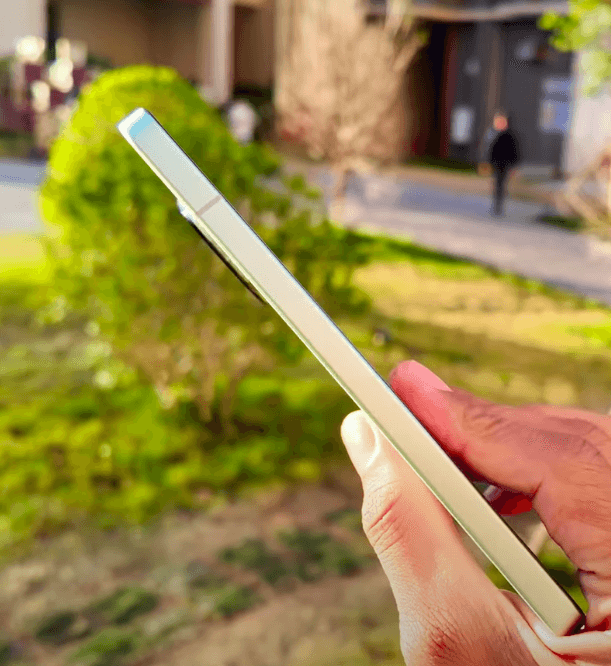
The 90W charger ensures lightning-fast charging speeds, capable of taking the phone from 0 to 100% in just 35 minutes.
Redmi has outdone itself in the design department this time. The dual-pattern glass back, flat aluminum sides, and the circular camera module give the phone a premium look.
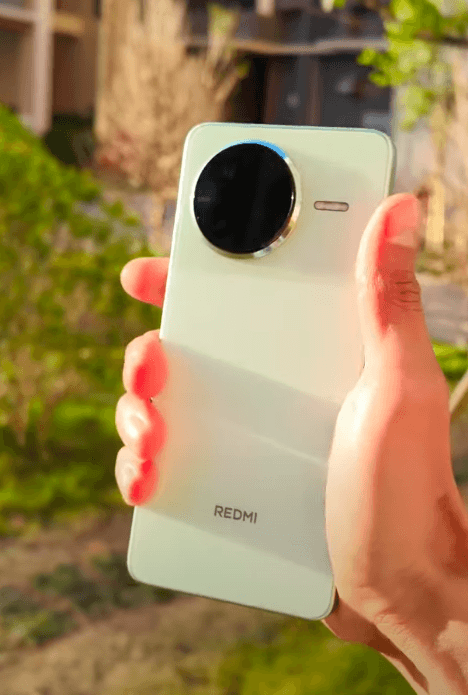
.The back design features a marble-like texture at the bottom and solid color at the top, symbolizing land meeting the sea. At just 206 grams and 8.1mm thick, the phone is surprisingly lightweight, making it easy to handle
The 6.67-inch 2K LTPS AMOLED display with a 120Hz refresh rate delivers exceptional visuals. With a peak brightness of 3200 nits, the screen performs brilliantly in all lighting conditions.

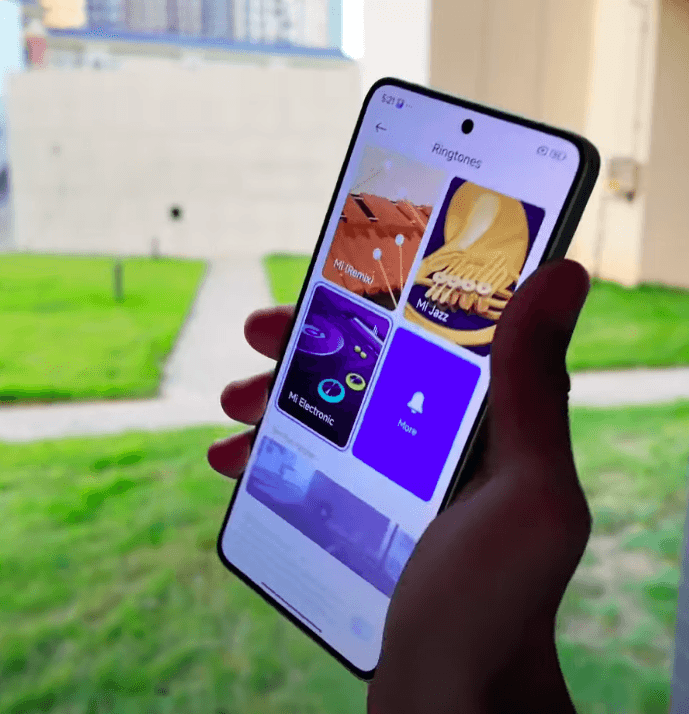
The flat panel design minimizes accidental touches, while the Gorilla Glass 7i provides extra durability. Whether you’re gaming or streaming, the visual experience is truly immersive.
Powered by the Qualcomm Snapdragon 8 Gen 3, the Redmi K80 doesn’t hold back. With 16GB of LPDDR5X RAM and 512GB of UFS 4.0 storage, multitasking and app performance are seamless.
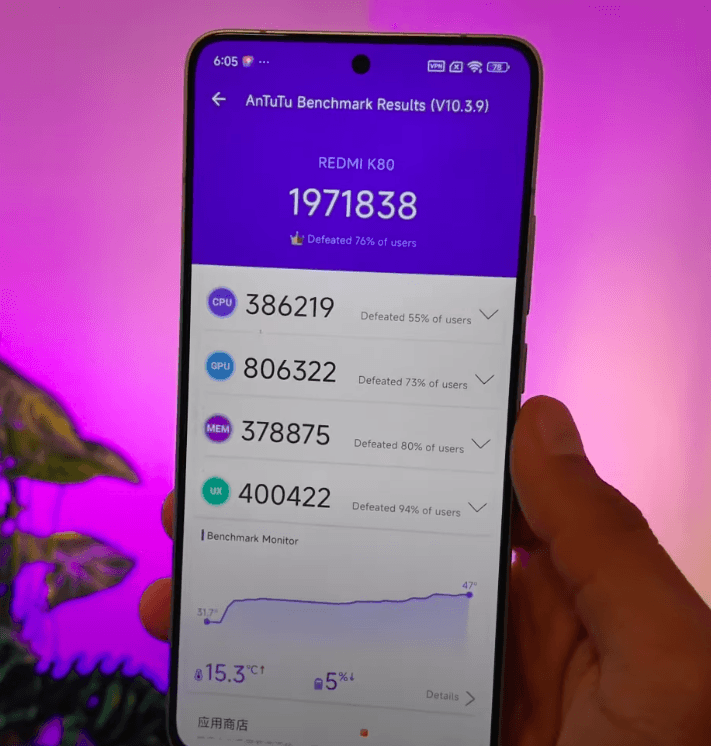
During my testing, the device handled gaming on demanding titles like Genshin Impact and COD Mobile without breaking a sweat. Thanks to its advanced cooling system, it maintained optimum temperatures even under heavy workloads.
The Redmi K80’s 50MP main camera and 8MP ultrawide deliver decent results in daylight but struggle slightly in low-light conditions. The 20MP selfie camera does a fair job but tends to soften details.

While the camera isn’t its strongest feature, the phone makes up for it in other departments.
| Pros | Cons |
|---|---|
| Premium dual-pattern glass back with flat aluminum sides | Camera performance could be better in low light |
| Lightweight and comfortable to hold (206g, 8.1mm thick) | Slight yellowish tint in daylight shots |
| Stunning 6.67-inch 2K AMOLED display with 120Hz refresh rate | Night mode takes time to process images |
| High peak brightness (3200 nits) | AI features are region-restricted (Chinese unit) |
| Flagship Snapdragon 8 Gen 3 processor | Ultrawide camera delivers average performance |
| Ample storage (up to 512GB UFS 4.0) and RAM (up to 16GB LPDDR5X) | Selfie camera softens subject details |
| Excellent cooling system for sustained performance | Lack of telephoto lens |
| Dual stereo speakers with Dolby Atmos support | Bottom-firing speaker dominates sound output |
| Massive 6550mAh battery with 90W fast charging | No wireless charging support |
| IP68 water and dust resistance | Design feels inspired (resembles Xiaomi Civi) |
| Competitive price (~$345/2,499 CNY) | Limited availability (China-exclusive for now) |
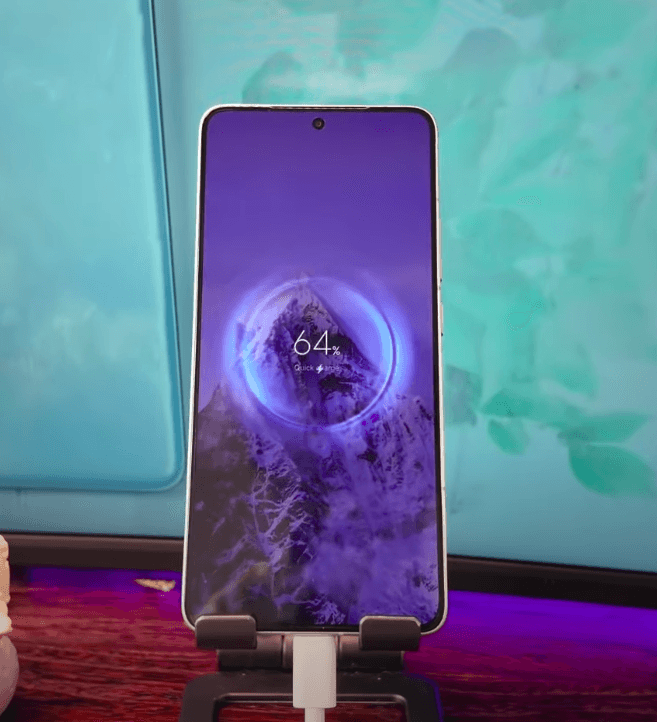
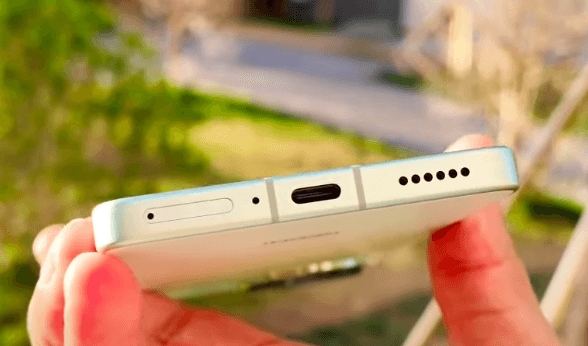

The Redmi K80 delivers flagship-level features at a fraction of the price. With a stunning display, blazing-fast performance, and long-lasting battery life, it’s an excellent choice for those seeking value for money. Priced at approximately $345 (2,499 CNY), this phone stands as a worthy competitor in its category.